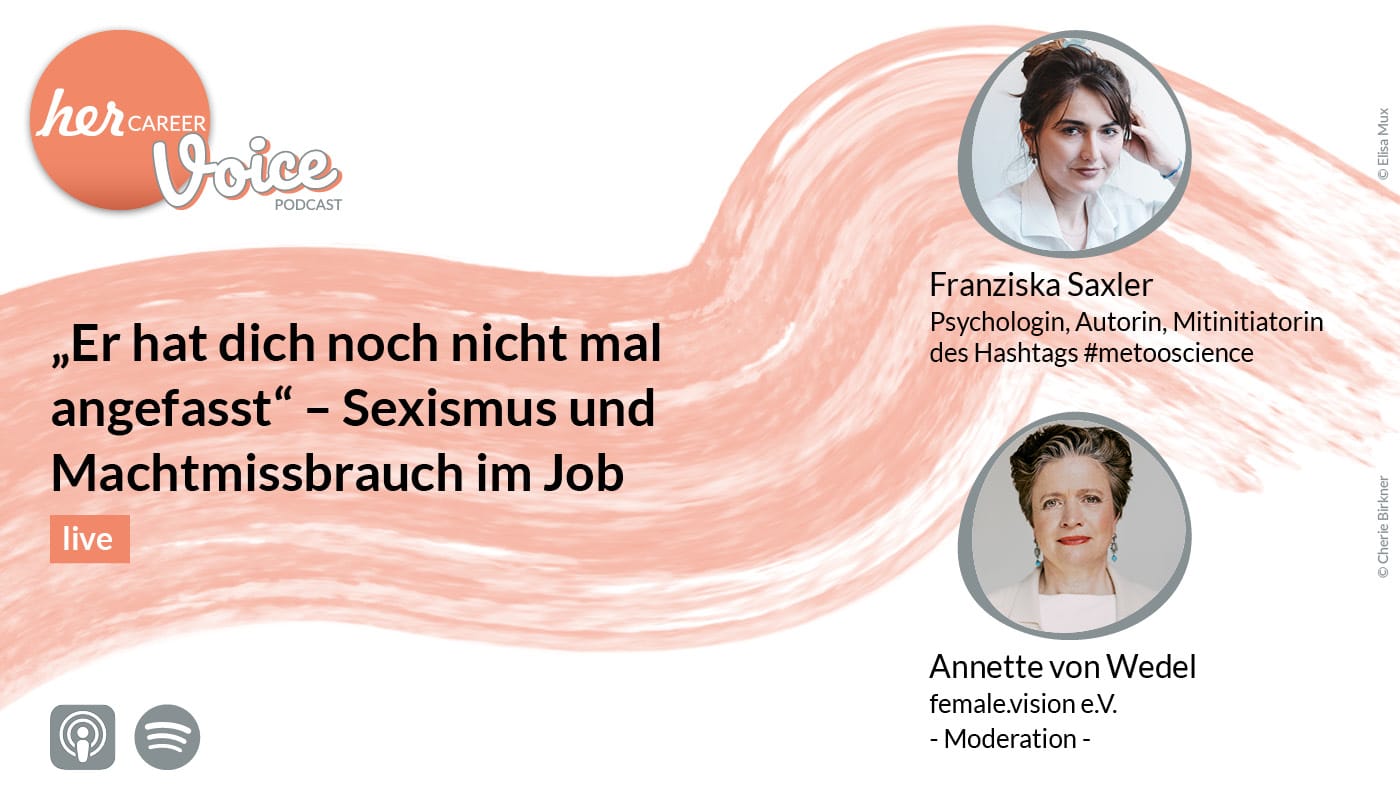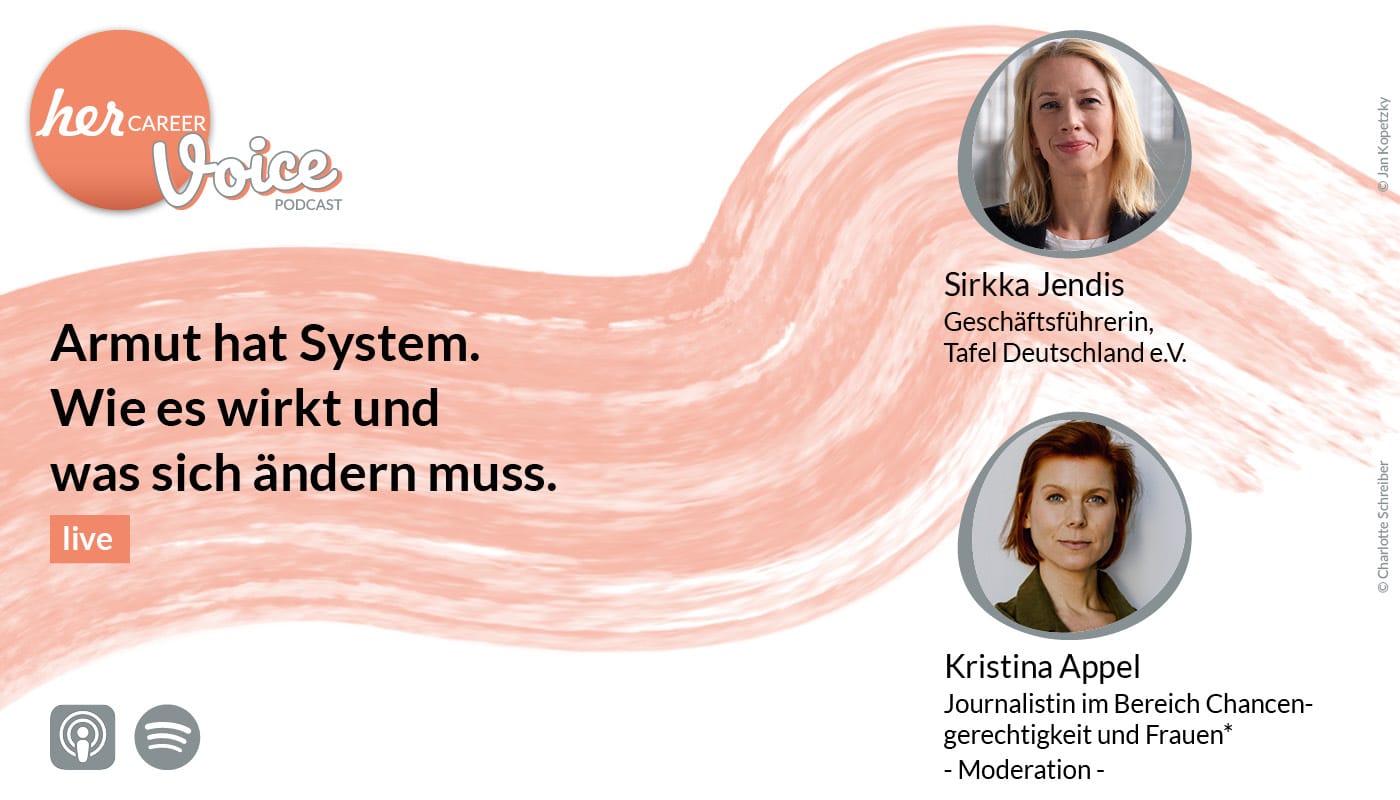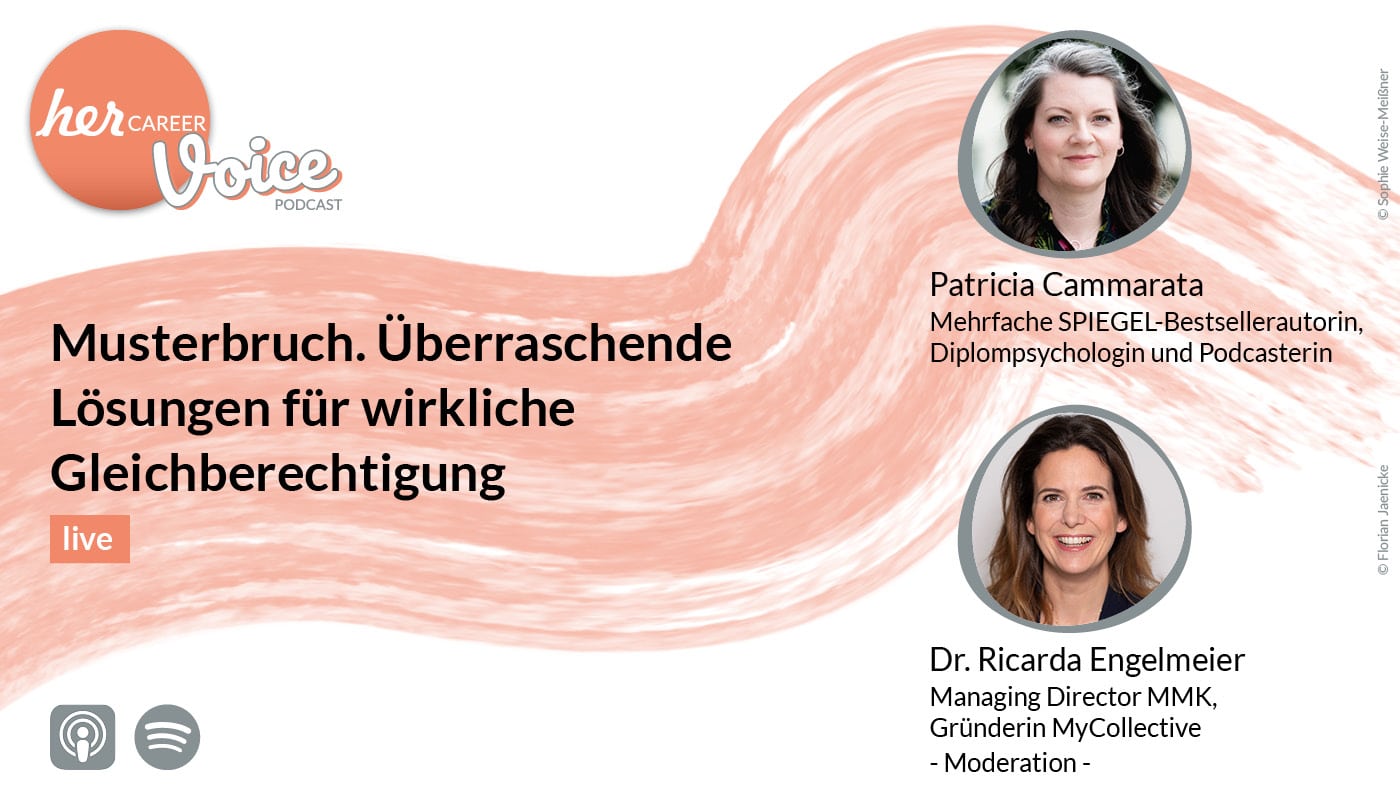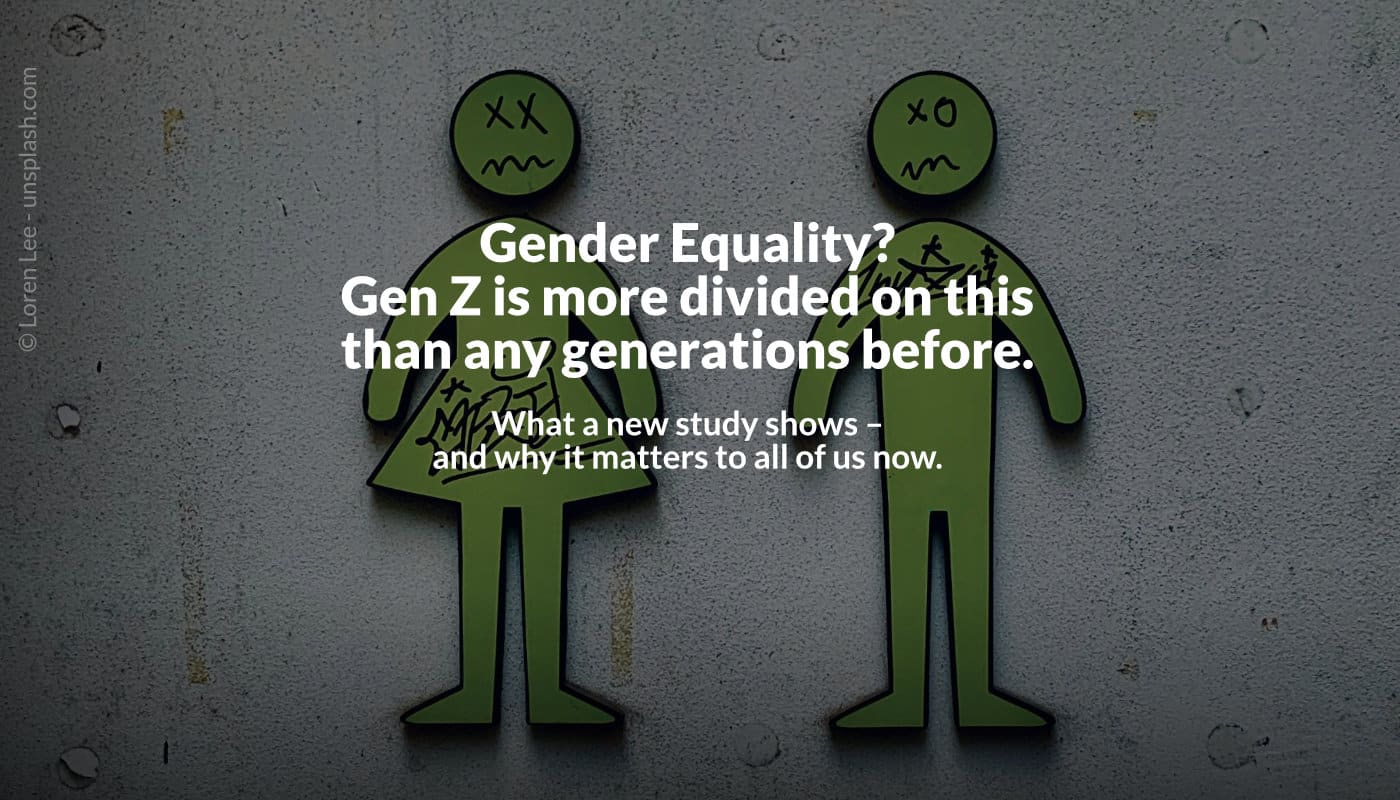Just recently, I came across an interesting article about “brain fog”: a nice term for a phenomenon that many women will be familiar with during menopause.
Signs of early dementia? That might be what some affected individuals are wondering. But now there are study data that provide reassurance: such symptoms do not indicate dementia and also do not suggest an increased likelihood of developing dementia later.
What is meant by brain fog? Dr. Jen Gunter writes in “The Vajenda”: “It refers to a collection of cognitive symptoms that can include some or all of the following: forgetfulness, finding words, difficulty remembering names or numbers, misplacing objects, and difficulty focusing and/or concentrating. Experts often describe it as a temporary decline in learning and remembering. Brain fog can affect 40-60% of women, and when it occurs, it is typically during the menopause transition.”
Higher-order cognitive functions, such as strategic thinking and planning ability, are not impaired. This was revealed by tests in which the participants often performed better than they had feared. And in a study that also included men, the results for women were even better than for men.
Another reassuring finding: brain fog apparently subsides later for most women. There seems to be a certain risk for permanent changes in brain function among individuals with low socioeconomic status and a stressful environment.
“Brain fog is still somewhat of an enigma, in part because it’s a symptom that can describe many experiences, and it has historically been understudied,” says Gunter. Participants who reported typical menopausal symptoms such as hot flashes, sleep disturbances, anxiety, or depression did not show greater cognitive changes in some tests than other women. However, some studies did suggest a correlation between the occurrence of hot flashes and changes in brain areas important for language, memory, and concentration. Apparently, the brain can compensate for some of these changes.
“It’s important to stress that research here is in its infancy and that our brains are plastic and change in response to many experiences. For perspective, we also know that there are substantial changes in the brain structure after pregnancy. As time passes and research accumulates, we will hopefully understand what these changes mean.”
So it is all the more important that further research is conducted in this area!

Posted by Natascha Hoffner, Founder & CEO of herCAREER, WiWo columnist, LinkedIn TOP Voice 2020, W&V 2019 – 100 Köpfe
published on LinkedIn on 18.07.2024












